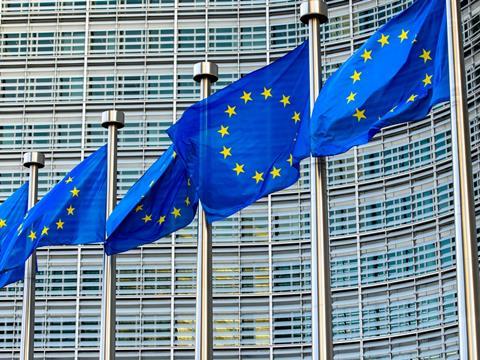
A public consultation on the revision of EU food contact materials coordinated by the consortium of the EU Horizon project R3PACK has suggested that the implementation of consumer reuse options at scale is the quickest method of reducing plastic pollution, and that upcoming EU legislation should uplift safe and sustainable packaging solutions.
Launched in December 2020, the European Commission launched the initiative to update its legislation in light of new science and technology. It is hoped that the findings will have a positive impact on food safety and public health through the responsible use of chemicals – aligning with the Commission’s commitment to the Farm to Fork Strategy – and lower the environmental impact of the packaging industry by uplifting safe, reusable, and recyclable solutions.
The R3PACK project is expected to assist decision-makers in assessing the future European Commission proposal through the lenses of efficiency, effectiveness, environmental benefit, and contribution to the reduction of food waste. At this stage, the consortium is pushing for the elimination of single-use plastics by substituting and scaling up consumer reuse options – a solution it says can offset greenhouse gas emissions at far higher rates than mechanical recycling or chemical conversion, for example.
Reuse schemes proposed by the consortium are said to match packaging types with the appropriate washing and return logistics strategies to prevent unnecessary disposal, as well as demonstrate a model to facilitate collaboration between players for the successful adoption of industrial reuse.
It is also argued that EU legislation must be developed to incentivise the use of alternative sustainable food packaging, especially fibre-based solutions. These are, in R3PACK’s view, the most accessible substitutes for complex multilayer packaging available today. R3PACK believes that bio-based barrier coatings and additives ultimately have the potential to fully replace plastic linings. Harmful chemicals must also be prevented from coming into contact with food, the consortium states.
As a result of the project, the European Commission is reportedly considering new policy options. This includes considering the introduction of new rules ensuring that FCMs are manufactured “from less traditional and potentially more sustainable production sources and methods”, which would come alongside dedicated safety regulations to encourage their implementation.
The announcement follows a recent revision of the Packaging and Packaging Waste Directive, which also seeks to implement reuse systems and encourage the widespread use of recycled material. This was met with backlash from packaging industry players, who felt that the changes failed to acknowledge the complexity of the packaging sector and did not acknowledge a range of key issues facing the industry today.
Senior packaging specialists currently consider sustainability legislation the biggest challenge to the packaging industry, according to a survey conducted by the packaging sustainability consultancy Aura. Although 95% of respondents recognised the importance of such progress, 70% did not feel that their business was prepared to embrace current or future regulations.














No comments yet